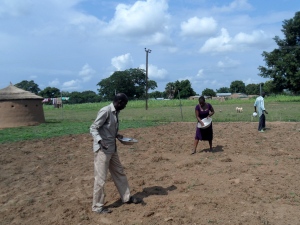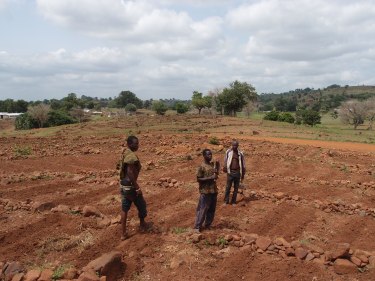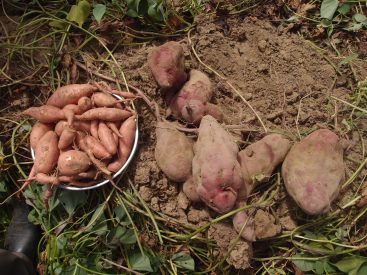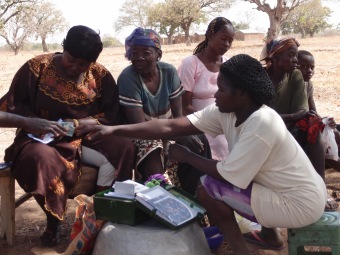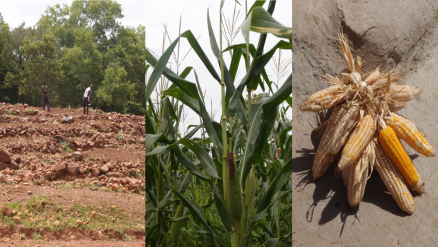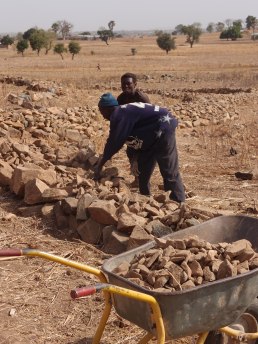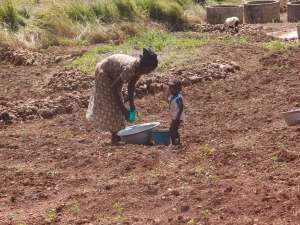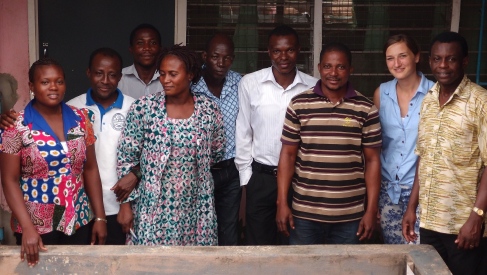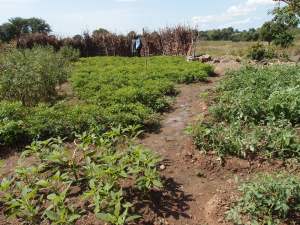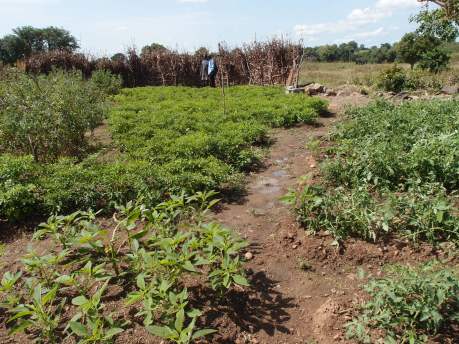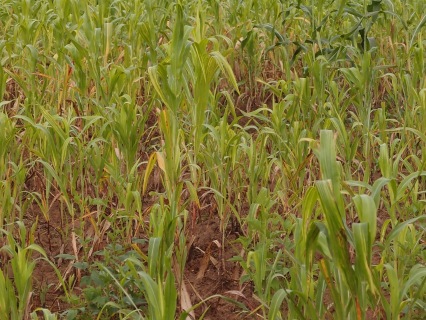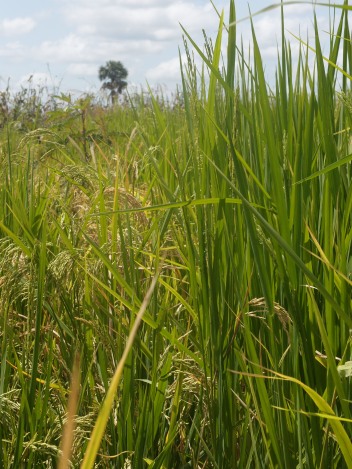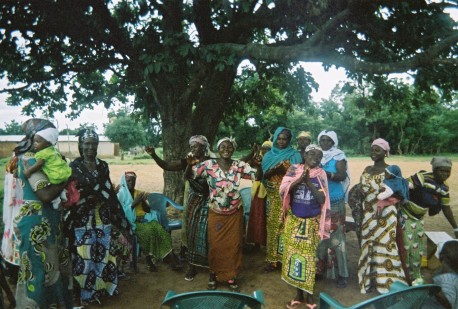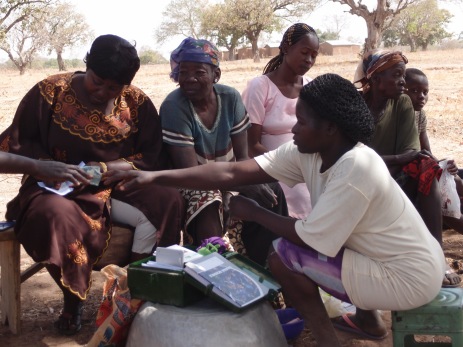The European colonial period ended in the mid-1900s, after more than three centuries which saw European nations take political control of other countries around the world. Colonialism had accommodated the slave trade which peaked in the mid-1700s and ended with the outlawing of slavery in the early-1800s, led by the UK abolishing slavery. After the end of the Second World War, the United Nations agreed on the Universal Declaration of Human Rights, adopted in 1948.
The end of the colonial period and slave trade, and the global recognition of human rights, each mark a step of progress towards every individual being recognised and treated as equal, rather than some population groups having dominance over others. Although the first of these three steps occurred over 200 years ago, and the most recent step was over 50 years ago, globally we are still a long, long way from seeing every individual being recognised and treated as equal.
Neo-Colonialism
Within the international development sector, some have argued that neo-colonialism persists, particularly within Sub-Saharan Africa. Some have argued that the infiltration of Chinese business into the African context represents neo-colonialism as China takes control of African natural and mineral resources. Others have suggested that the G7s initiative, the New Alliance for Food Security and Nutrition in Africa, represents neo-colonialism by enforcing governmental regulation which favours the profits of Western business.
These may or may not be the case, and perspectives on this are subjective, but this is not the topic of my argument here. Here, I am addressing the role of institutional racism and how this enforces colonial ideologies in a covert, and often invisible, manner.
I am going to use an example of the UK and its former colony of Ghana, although I know that this issue transcends countries and the UK takes the same approach to a huge number of developing countries, including those which are not former colonies. While this example refers to Ghana, I know of very similar examples from other countries in Africa. Also, although my experience is with Africa and the UK, I strongly suspect the story is very similar for relationships between other developed countries and other developing countries.
Institutional Racism Creates a Lack of Trust
A friend and colleague of mine, Solomon Abeinge, was recently supported by a UK-based non-governmental organisation (Self Help Africa) to apply for a scholarship from a UK-based foundation (Marshal Papworth) in order to undertake a three-month course on agriculture at a UK college (Moulton College). He was awarded a fully-funded scholarship and offered an unconditional place on the course, due to run from April to July 2017. Solomon is Ghanaian. His application for a visa to the UK in order to attend his course was denied, twice. Why? Because the UK Immigration Service don’t trust him because he’s Ghanaian.
The reason the UK Immigration Service gave for denying Solomon’s visa was because they don’t trust his intentions to return to Ghana after the course because he doesn’t earn enough money in Ghana for there to be any reason for him to want to return to his home country.
The UK Immigration Service is institutionally racist. A strong claim, yes, but justified. The judgement over Solomon’s visa is because the UK Immigration Service consider the UK to be better than Ghana: the UK is a desirable country to live in and Ghana is undesirable. Ghana is a developing country, so apparently, when compared with a ‘developed’ country such as the UK, it has very little going for it. The derogatory, prejudiced, racist stereotype of Ghanaians is that they are poor, uneducated, underdeveloped, and always seeking a way to a “better life” in Europe or North America, a stereotype which is applied to the whole of Sub-Saharan Africa.
It’s true that in Ghana there are many people living in poverty, and the incomes of those not in poverty are low relative to the income of a UK household. But living costs are also much lower in Ghana than the UK, so the salary of employed people is lower to a relative degree. Solomon’s low income wouldn’t go far in the UK, but in Ghana it does.
The UK Immigration Service assume that living in a ‘better’ country earning more money is the driving factor behind choosing which country to live in and applying for a visa to the UK. The assumption is that Solomon would readily leave his wife and children, his job, his home, his friends, his community, his culture, and his country because he could earn more money in the UK, as he doesn’t earn a huge salary in Ghana. This sweeping assumption is wildly incorrect and has a prejudiced, racist and false stereotype at its heart. In Ghana money does not dictate society, a sense of community and traditional cultural values does.
Solomon has been discriminated against, not because of who he is, or his knowledge and expertise, or his personality, or his reason for applying for a visa, or who supported his visa application, or any other credentials, but because the UK Immigration Service maintains institutional racism which perceives Ghana (well, Africa more broadly really) as bad and undesirable and the UK as good and desirable.
The perception that the UK is intrinsically better than Ghana, and therefore Ghanaians who don’t earn much in Ghana would obviously rather live in the UK, is racist. It creates a lack of trust of Ghanaians, denying them opportunities they should rightly have access to, and which could benefit their lives in Ghana. This institutional racism creates a perpetuating system of inequality where developing countries continue to be undermined and marginalised globally and individuals pay the price. In the case of Solomon, he literally paid the price.
Rubbing Salt in the Wounds
Unfortunately, for Solomon the denial of his visa has left him notably worse off financially at a time when his finances are particularly vulnerable. Including the cost of two visa applications (the first one was denied so he applied again with the evidence they said was lacking from the first application, and in fact submitted more evidence than they asked for) and the required trips to and from Accra to submit and collect his applications, Solomon spent the equivalent of approximately six month’s wages. This was savings he had for supporting his three children through high school and university. The scholarship he was awarded was fully-funded for all expenses plus a stipend, including flights, internal travel, accommodation, food, tuition, and equipment cost. The only thing he needed to pay for was his visa. Now he has paid for his visa, twice, only to not be able to take up the scholarship anyway.
Worse still, Solomon has not been paid his typical salary for over a year. A little over a year ago he was involved in a serious road accident while doing fieldwork in a rural community. He suffered a severe leg injury and had to take several months off work to undergo surgery, recovery, and rehabilitation, and has been left with some deformation of his leg. As he was beginning to return to work, the organisation he works for had to make the very difficult decision to stop paying him and other field staff because their funds had run out after their main source of funding was suddenly stopped a few months previously. Solomon, and several other staff, have been working unpaid since because they are so committed to the rural communities they support that they preferred to continue working despite being unpaid for it.
So, after a work-related accident put Solomon out of action for months and then the organisation had to stop his salary, he has spent the equivalent of six month’s income to be told the UK doesn’t trust him. Just because he was awarded a scholarship. He was awarded a scholarship following standard evaluation of his credentials. He deserved his place on the agricultural course he was due to attend because he has decades of experience working in the agriculture sector. The savings he spent on his failed visa applications is lost money, wasted to the UK Immigration Service instead of supporting either his education in the UK or his children’s education.
As an aside, the very reason Solomon’s salary in Ghana is reasonably low (even when he is actually being paid) is because projects funded by UK Aid show such little regard for field staff in developing countries, who bust a gut every day working with rural communities in all weather conditions, that the programmes which fund their job pay them a pittance. While international development projects funded by UK Aid pay decent salaries for the UK-based middle-man, the people working on the ground in the developing country are paid a pathetically small amount, even by local standards. The projects which Solomon has been working on in recent years have been indirectly funded by UK Aid but pay the Ghana-based staff a third of what would be expected for this role compared to other Ghanaian organisations. This also creates a self-reinforcing system of racism against Ghanaians, and Africans more broadly.
The context around Solomon’s denied visa makes this particular case more tragic, but it isn’t the issue under discussion here. The problem is the institutional racism associated with the denial of his visa, which, if it had been granted, would have made the cost justifiable because he would have been able to take up the scholarship and study in the UK for three months, benefitting his employment and capacity to support rural farming communities in Northern Ghana.
The Problem with Being the Best
It is not only the Immigration Service though, and institutional racism is able to proliferate in the actions of the Immigration Service because there is a whole rank of policy and governance structures behind it which are also institutionally racist. UK politics and institutions work to a notion of countries competing against one another to be the best country, rather than simply securing a happy, healthy, sustainable society.
This concept of a nation ‘being the best’ is evident in rhetoric from the UK and US in recent months, as well as other nations. The call for the UK to “once again become a world leader” was widespread during the UK campaign leading up to the referendum on EU membership last year, and has appeared often in political discourse since the referendum. This same sentiment has been projected during the Republican campaign for the US Presidential elections, also last year, and again often reflected in the words and actions of the Trump Presidency since.
Why is there a need for one nation to be perceived as better than all other nations? Why should one country be the “best”, or a “leader”? Did society not learn from colonialism that when one country (or a few countries) ‘lead’ the world, it undermines the rights of all people in the countries which are dominated by the ‘leaders’? Does society not recognise that equality is the preferred, best, and most sustainable option? How can there be equality among individuals, population groups, or nations if our political and social institutions believe that they are better than others?
I acknowledge that ‘being the best’ is a human characteristic which reflects the Darwinian evolutionary concept of ‘survival of the fittest’. I appreciate that competition is a basic principle of business, and selling or buying the best product at the lowest price is a basic concept of trade agreements and other economic structures. However, these forms of competition and being the best function at a very different level to the racist assumption that one nation is better than other nations, with different outcomes. By assuming that a country, or continent, is lesser than your own country, that enforces racism and allows inequality to proliferate.
Ending Racism to Ensure Equality and Rights for all Humans
Policies which intrinsically assume that the UK (or any other Western country) is better and more desirable than a developing country must end if we are going to see equality and human rights for all.
I recognise that there are some individuals who attempt to enter the UK illegally, or remain past their permitted period, and this helps to create a lack of trust of people coming from countries which may be a source of illegal immigration. Controlling immigration is one thing, but doing it based on prejudiced perceptions of some nationalities or races as less trustworthy is racist.
I believe that if every individual was recognised and treated as equal, and institutional racism in every form ended, then the driver behind illegal immigration would vanish too. If the UK stops telling the world that it is the best place to live and far better than other countries, then people in those other countries would stop thinking it is a better place to live and try to illegally immigrate.
I appreciate that it is a much more complex issue than the picture I have painted here. I am aware that for this form of institutional racism sits within a globalised world with unbalanced economic, labour, and resource systems. To rid the world of racism and ensure equality, a fundamental and transformative shift in the functioning of society would be required. This is a huge issue, perhaps something for a future post.
In a world where the international Declaration of Human Rights perceives each human as equally human, racism continues to treat large numbers of people as less valued, less respected, less trusted, and less needed. This racism is so institutionalised and so engrained in the UK that it often goes unnoticed. This must change, it has to stop, now.
As for Solomon, he is poorer and worse off from this experience, but he is happy to be spending the next three supporting farming communities living in poverty in Ghana instead of studying in the UK.
As for me, I do not believe the UK is a desirable place to live, to the extent that I have moved overseas. In fact, I have moved to Ghana because it is a much more desirable place to live than the UK. I have not been denied a visa for Ghana.




